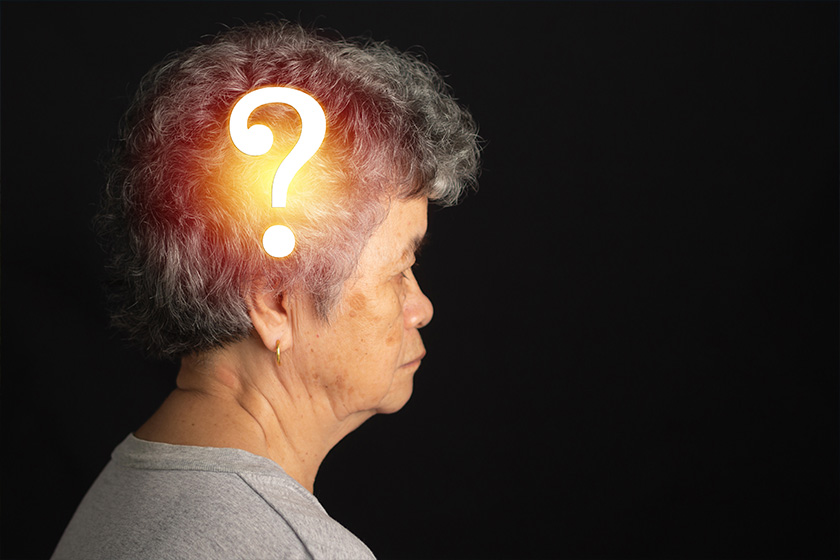Many people take memory loss as part and parcel of aging, though some might say that having a poor memory is prevalent in people of all ages. Regardless, it is indisputable that older adults often struggle with their memory and the older we get, the more we struggle with it. While it may be a normal occurrence that comes with aging, there are certain factors that can cause or exacerbate memory loss. Understanding the common causes of memory loss in seniors can help us accept the changes that come with age and in some cases, prevent it from worsening.
Medication
Medication or prescription drugs such as anticonvulsants, serotonin reuptake inhibitor antidepressants, isotretinoin, ciclosporin, and benzodiazepines have all been linked to memory disorders. As a result, memory loss is an inevitable by-product of consuming these drugs. If consumed for a short period of time, the memory loss may be reversible, but in long-term consumption, the effects may be permanent.
Thyroid Issues
Those suffering from thyroid issues such as hypothyroidism (when the thyroid gland produces too little thyroid hormone) and hyperthyroidism (when the thyroid gland produces too much thyroid hormone) may experience short-term memory loss. This is because the thyroid hormone affects the way cells utilize energy, and when there is too much or too little of the hormone, brain activity is affected. The good news is, if it is treated early, the memory loss may be reversible.
Neurodegenerative Diseases
Neurologic disorders such as Alzheimer’s disease and dementia are characterized by the loss of memory. Such neurodegenerative diseases cause abnormal changes in the brain structure, leading to a decline in cognitive skills. This includes issues with both short-term and long-term memory. Due to the way such diseases physically affect the brain, the damage is typically permanent.
Nutritional Deficiencies
Lacking certain vitamins such as Thiamine (vitamin B1) or vitamin B12 can also lead to memory loss. Thiamine is the key to cell growth, development and function, and its deficiency may be associated with alcoholism, HIV / AIDS, and some medications. Vitamin B12, on the other hand, helps keep blood and nerve cells healthy. As we grow older, our vitamin B12 levels naturally decrease, potentially leading to memory issues. As such, it is especially important for older adults to maintain a healthy and well-balanced diet.
Mental Health Issues
Traumatic events can lead to memory loss. Aside from that, mental illnesses and personality disorders like depression, anxiety, bipolar disorder, and Schizophrenia may cause both short-term and long-term memory problems. Researchers have identified biomarkers that help to better understand and treat these memory disorders. However, the impact these biomarkers have on memory remains unclear. Nonetheless, it is important for older adults to take care of their mental health as poor mental health may exacerbate memory loss.
Cancer Treatment
About 70% of cancer patients report cognitive impairment, and about one-third of people still have problems after treatment. “Post-chemotherapy” is a common term used to describe the mental fog associated with chemotherapy, but other cancer treatments such as radiation therapy, brain surgery, and drugs such as hormone therapy and immunotherapy can also affect memory. As such, if you or your loved one is undergoing cancer treatment or is recovering from cancer, you may face some memory issues.







